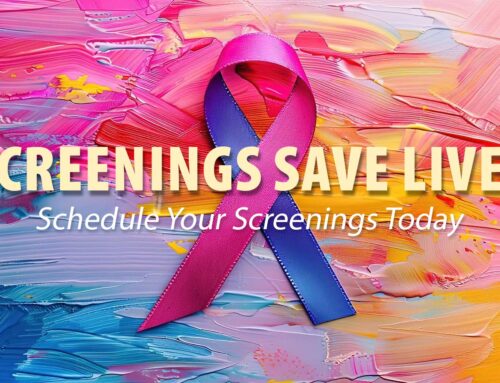
High blood pressure—also known as hypertension—affects nearly 1 in 2 adults in the United States. What makes it so dangerous? It often has no warning signs or symptoms but can quietly cause life-threatening damage over time. That’s why hypertension is often called “the silent killer.”
What Is Blood Pressure?
Blood pressure is the force of blood pushing against the walls of your arteries as your heart pumps. It’s measured using two numbers:
- Systolic (top number): Measures the pressure when your heart beats.
- Diastolic (bottom number): Measures the pressure when your heart is at rest between beats.
Here’s how to interpret your reading:
| Category | Systolic | Diastolic |
| Normal | <120 | <80 |
| Elevated | 120-129 | <80 |
| High Blood Pressure (Stage 1) | 130-139 | 80-89 |
| High Blood Pressure (Stage 2) | 140+ | 90+ |
| Hypertensive Crisis | >180 | >120 |
Why It Matters
Your blood vessels are designed to handle normal pressure, but sustained high pressure over time damages their delicate lining. This can lead to:
- Heart attacks – from artery blockages or heart overwork
- Strokes – due to blood vessel rupture or blockage in the brain
- Kidney failure – from damaged kidney blood vessels
- Vision problems – from damaged retinal vessels
- Memory loss or dementia – from reduced blood flow to the brain
Causes and Risk Factors
Several things can increase your risk of developing high blood pressure. Some are beyond your control:
- Age (risk increases with age)
- Family history of hypertension
- Race (African American adults are at higher risk)
But many contributing factors are lifestyle-related and can be addressed:
- Poor diet – especially high in sodium or processed foods
- Physical inactivity
- Obesity
- Smoking
- Heavy alcohol use
- Chronic stress or anxiety
- Sleep apnea or poor sleep habits
How Can You Manage or Prevent It?
The good news: High blood pressure is manageable—and often preventable.
- Know Your Numbers
Routine checkups are vital. You won’t know you have high blood pressure unless you measure it regularly.
- Adopt a Heart-Healthy Lifestyle
- DASH Diet – The “Dietary Approaches to Stop Hypertension” emphasizes fruits, vegetables, whole grains, and low-fat dairy.
- Cut back on sodium – Try to stay under 1,500 mg/day.
- Get active – Aim for at least 150 minutes of moderate activity each week. Even brisk walking helps.
- Limit alcohol and caffeine – Both can raise pressure.
- Stop smoking – Nicotine narrows arteries and elevates blood pressure.
- Manage stress – Try deep breathing, meditation, or yoga.
- Take Medications If Prescribed
For some, lifestyle changes alone aren’t enough. Medications may be needed to keep blood pressure within a safe range. It’s important to take them as directed and work with your provider to monitor their effects.
Your Health. Your Power.
Unchecked high blood pressure can shorten your life—but with early detection and the right steps, you can lower your risk and protect your heart, brain, and kidneys for years to come.
At Clinica Medica Familiar we’re committed to helping you monitor, understand, and manage your blood pressure at every stage of life.
Schedule a visit today and take one simple step toward lifelong wellness.
We have three locations to serve you at:
- Clinica Medica Familiar y Dental: 833 Whittier Boulevard, Montebello, CA 90640: (323) 712-4811
- Ontario Clinica Medica Familiar: 403 W. F Street, Ontario, CA 91762: (909) 988-3288
- Rialto Clinica Medica Familiar: 436 S. Riverside Avenue, Rialto, CA 92376: (909) 877-8868






